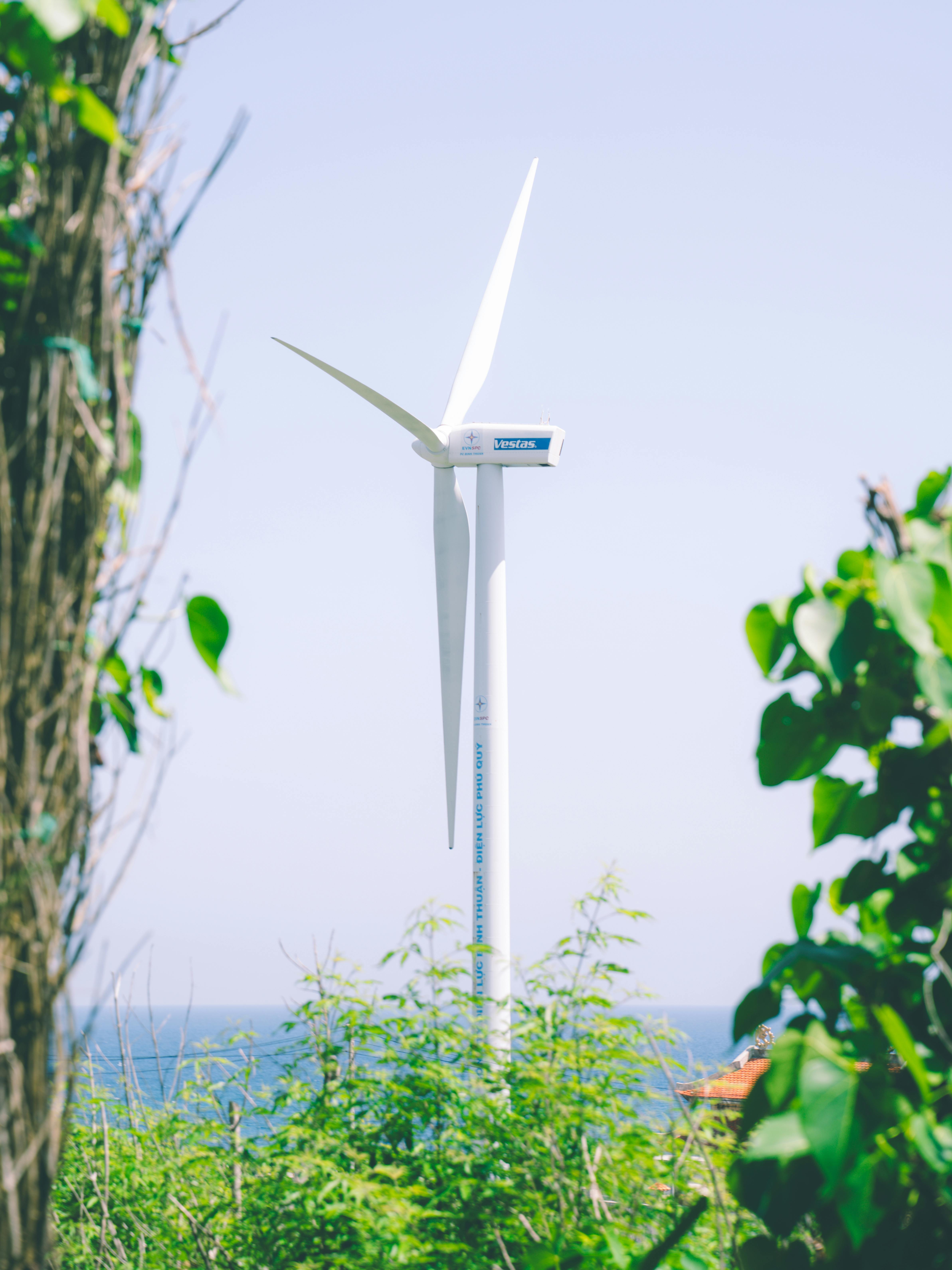
Carbon Reduction
Our plan
Introduction
Race Equality First (REF) is committed to minimising its environmental impact and contributing to global carbon reduction efforts. As a small non-profit organisation based in Cardiff, with less than 15 staff members operating under a hybrid working model, our Carbon Reduction Plan (CRP) builds on our existing Environmental and Wastage Policy. This comprehensive plan outlines actionable strategies to achieve measurable reductions in our carbon footprint, aligning with our organisational values and commitment to social and racial justice.

1. Carbon Footprint Assessment
REF will conduct an annual assessment of our carbon emissions, focusing on:
- Energy Usage: Electricity and heating within our office space.
- Travel: Staff commuting and work-related travel.
- Procurement: Emissions associated with the goods and services we purchase.
- Waste: Volume and type of waste generated.

2. Goals and Targets
We aim to:
- Reduce overall carbon emissions by 30% by 2030 (from our 2024 baseline).
- Achieve net-zero emissions by 2050, in line with Welsh Government targets.
- Implement interim targets and review progress annually.

3. Action Areas
a. Energy Efficiency
Office Energy Use:
- Transition to 100% renewable energy suppliers by 2025.
- Install energy-efficient lighting and motion sensors where possible.
Regularly service office equipment to maintain efficiency.
Staff Practices:
- Train staff to adopt energy-saving behaviours, such as switching off lights, computers, and printers when not in use.
- Use energy-saving settings on all electronic devices.
b. Sustainable Travel
- Hybrid Working Model: Encourage remote working to reduce commuting-related emissions.
Public and Active Transport:
Promote walking, cycling, car sharing, and public transport for commuting and work-related travel.
Provide incentives, such as cycle-to-work schemes.
- Virtual Meetings: Prioritise video and teleconferencing to minimise the need for travel.
c. Sustainable Procurement
- Source office supplies and services with minimal environmental impact, prioritising local and sustainable options.
- Avoid single-use plastics and choose reusable or recyclable alternatives.
- Partner with environmentally responsible vendors.
d. Waste Reduction and Recycling
- Continue to prioritise the reuse of office supplies such as paper, folders, and envelopes.
- Maintain a robust recycling programme for paper, cardboard, plastics, and electronic waste.
- Ensure food waste is properly composted using kitchen caddies.
- Monitor and reduce unnecessary printing and packaging waste.
e. Staff Engagement and Training
- Deliver regular training to build staff awareness of carbon reduction practices.
- Encourage staff-led initiatives and feedback to enhance our efforts.
- Share our progress and achievements in staff meetings and on our website.

4. Collaboration and Advocacy
- Work with partner organisations to promote sustainable practices across our networks.
- Advocate for climate justice as an integral part of racial and social justice.
- Engage with local and national sustainability initiatives, sharing our learning and impact.

5. Monitoring and Reporting
- Appoint a dedicated staff member to oversee the implementation of the Carbon Reduction Plan.
Publish an annual sustainability report detailing:
Carbon footprint measurements.
Progress against targets.
Success stories and areas for improvement.
- Use data from monitoring to refine and improve our strategies.

6. Accountability
- Ensure full compliance with relevant environmental legislation.
- Include carbon reduction as a standing item in board meetings.
- Hold staff accountable for following environmentally friendly practices as outlined in our Environmental and Wastage Policy.
Race Equality First is dedicated to playing its part in addressing the climate crisis while advancing racial and social justice. This Carbon Reduction Plan reflects our commitment to sustainable practices and environmental stewardship. By working together, we can achieve meaningful reductions in our carbon footprint and contribute to a healthier, more equitable planet.
